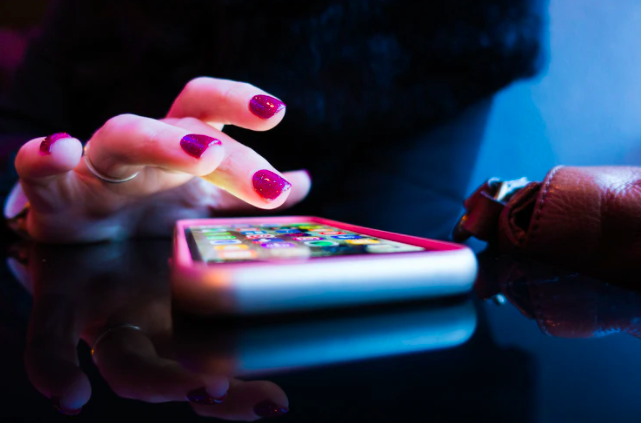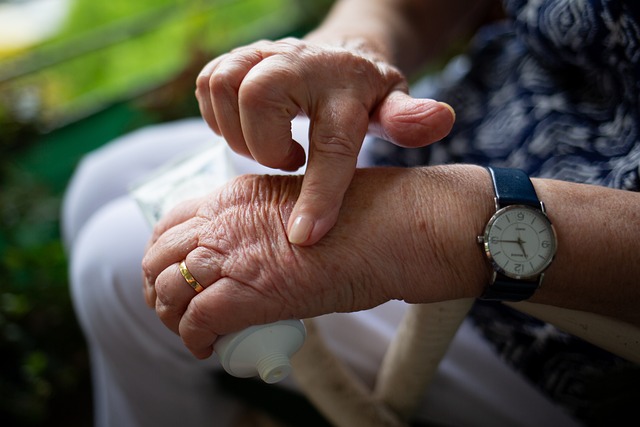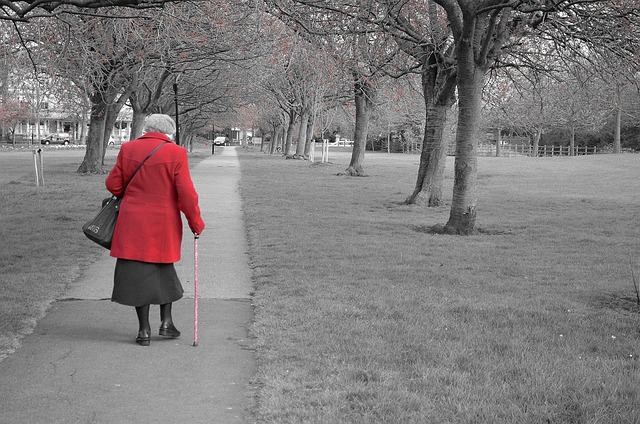The COVID-19 pandemic caused massive amounts of disruption in virtually every industry and area of life. With more people staying at home and limiting physical contact with others, medical professionals quickly began to express concern for how the pandemic and associated health practices would have a lasting impact on individuals’ mental health. To address this concern in actionable, productive ways, technology served to accommodate the newly remote mental health needs of those who were staying at home or otherwise limited by pandemic restrictions.
In this way, mobile apps have provided immense support for mental healthcare over the course of the pandemic. While the services offered through mobile apps may not be suitable replacements for intensive clinical care, they have proven to be useful for individuals seeking short-term support, practical solutions, and guidance for obtaining professional aid. Mobile apps have demonstrated how beneficial easy access to mental health resources and care can be, especially during a global crisis. Moving forward, increasing access to mental healthcare may draw on the success of mobile apps from this period to inform broader changes and provide better mental healthcare to those who need it.
Affordability and Accessibility
Even before the COVID-19 pandemic, access to mental healthcare was somewhat limited due to insurance qualifications, financial concerns, and extended waitlists. With in-person meetings and appointments restricted, accessing mental healthcare became even more difficult, leading to a rise in mobile app popularity. While mobile apps cannot replace the insight and expertise of mental health professionals, they still serve as useful tools that can promote improved mental health standards without putting strain on medical workers or patient budgets.
Most mental healthcare mobile apps are free, though some cost a few dollars to download or offer in-app purchases for premium services. In many cases, professional mental healthcare can cost patients a substantial amount of money over time, especially if they require regular appointments or prescriptions, so the mobile app option is comparably cost-effective and affordable — even if the apps are only used for minor concerns and temporary treatment.
Most individuals own smartphones and have access to Wi-Fi and/or data, meaning that mental health apps are easy to access; users do not need to consult their primary care physicians, obtain referrals, or wait for appointments to open up before they can benefit from the tools and resources available to them. The ease of access to mental health resources encourages users to take productive steps toward alleviating symptoms of stress, anxiety, depression, or other mental health complications and therefore improve their quality of life; further assistance from mental health professionals may be necessary and beneficial, but mobile apps allow patients to take the initiative and learn healthy behaviors without professional intervention.
Monitoring, Coping, and Intervention
Because patients are often limited in the mental healthcare they can receive due to availability and financial restrictions, mobile apps have risen to satisfy a need for accessible care that is affordable (and, in many cases, free). Some of the most beneficial features of mobile mental healthcare apps are monitoring capabilities, coping tools, and intervention assistance.
There are a variety of different kinds of apps geared to assisting users with their mental health needs. Some apps allow users to track their symptoms or mood to get a better grasp on their own mental health, while other apps offer instructional resources to instill productive coping mechanisms or life habits in their users. Generally speaking, mobile apps that focus on mental health tend to provide resources, tools, and activities to support positive habits and improve mental health.
Apps like Happify and SuperBetter aim to support users through interactive interfaces, tasks, and gamification. Happify, a free app with in-app purchases, uses a questionnaire to suggest games and activities on a specific “track” geared toward achieving goals, managing mental health, and boosting mood; this app utilizes aspects of cognitive-behavioral therapy (CBT), positive psychology, and mindfulness to guide users toward success and satisfaction. Similarly, SuperBetter provides a customizable user experience that promotes improved mental health and increased resilience through gamified daily tasks (identified as “quests” and “power-ups” in the app); users can also utilize additional features such as achievement review, goal tracking, and gratitude documentation.
Mobile apps cannot serve as a total replacement for mental healthcare, but while access to affordable care remains limited, these apps can allow users to benefit from proven practices, techniques, tools, and resources that they might not know about otherwise. The rise in popularity of mobile apps for mental healthcare over the last few years and especially during the pandemic has satisfied a growing need for accessible, affordable mental health tools, and as the healthcare industry makes strides toward improving the quality and accessibility of mental health care, looking to the success of digital mental health solutions for inspiration may be a fruitful endeavor.







